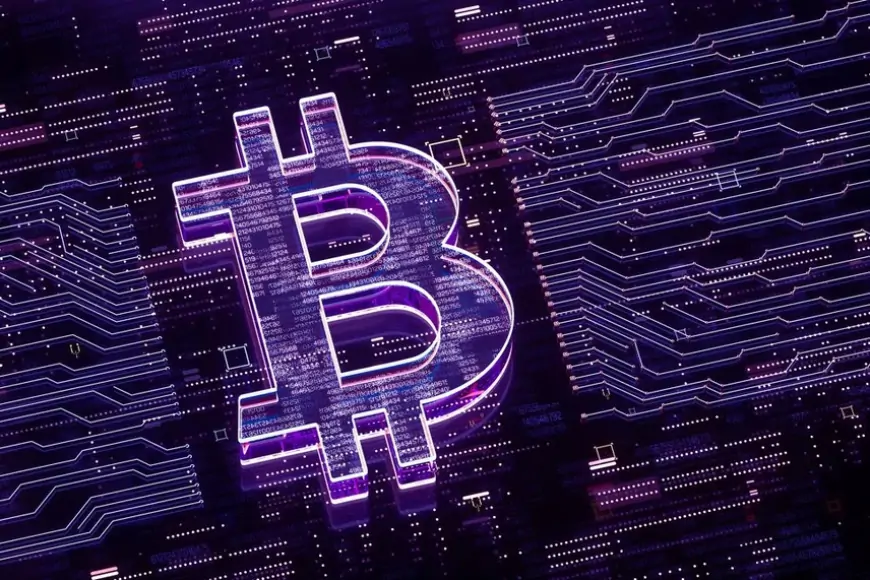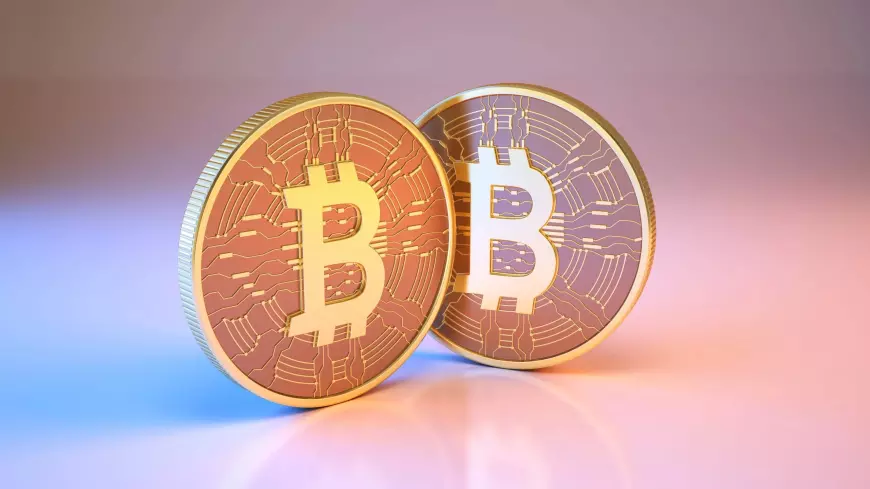Explored the historical background and major disputes surrounding bitcoin
On March 5th, Bitcoin achieved a new peak as its value surpassed $69,000 (approximately Rs 57.19 lakh), exceeding the previous record set in November 2021.

On March 5th, Bitcoin achieved a new peak as its value surpassed $69,000 (approximately Rs 57.19 lakh), exceeding the previous record set in November 2021. This remarkable surge followed a downturn in 2022 attributed to a market crisis but was short-lived as it experienced a subsequent decline on Wednesday morning.
Marking a surge of over 300% since November 2022, Bitcoin's resurgence this year has been fueled by robust demand from newly introduced US exchange-traded funds and the anticipation of a reduction in the token's supply growth. Currently valued at around $1.3 trillion (Rs 107 trillion), Bitcoin holds a substantial share of the $2.6 trillion (Rs 215 trillion) cryptocurrency market, according to a report by The Guardian.
The New York Times notes that the recent uptick in Bitcoin's value is also linked to investor enthusiasm for a novel financial product associated with the digital currency. In January, US regulators authorized a consortium of cryptocurrency firms and traditional finance entities to provide exchange-traded funds (ETFs) tracking Bitcoin's price. These funds simplify cryptocurrency market investment for individuals without direct ownership of the virtual currency. Bloomberg Intelligence reports that, as of last week, investors had infused over $7 billion (Rs 5,80,16 crore) into investment products, accelerating Bitcoin's rapid ascent.

Despite the positive developments, Bitcoin's origin story remains shrouded in mystery. More than 15 years after its introduction through a nine-page "white paper" by Satoshi Nakamoto in October 2008, the identity of its founder remains unknown. The white paper outlined a concept of "a purely peer-to-peer version of electronic cash" that allows direct online payments without relying on financial institutions and is free from central bank control. The question of whether Satoshi Nakamoto is an individual, a pseudonym, or a group of people remains unanswered. Australian entrepreneur and computer technician Craig Wright has claimed authorship since 2016, with an ongoing trial in London aiming to establish the truth. Throughout its existence, Bitcoin has faced accusations of being the currency of choice for illicit transactions on the dark web and is frequently demanded in ransomware attacks by hackers.
When the Bitcoin collapsed
In recent years, the cryptocurrency realm has witnessed significant turbulence marked by notable bankruptcies and the downfall of prominent entrepreneurs. Changpeng Zhao, former head of Binance, the world's largest cryptocurrency platform, has admitted guilt for violating anti-money laundering laws in the United States.
On the flip side, his primary competitor, FTX, faced insolvency in late 2023, and its founder, Sam Bankman-Fried, was convicted on multiple charges, including fraud, conspiracy, and money laundering.
Two European Central Bank (ECB) experts asserted in a recent blog post that "bitcoin has fallen short of its promise to be a globally decentralized digital currency and is still minimally utilized for legitimate transactions."
"The recent approval of an ETF does not alter the fact that Bitcoin is unsuitable as a means of payment or investment. The intrinsic value of Bitcoin remains at zero."
Acceptability around the world
While a significant portion of Bitcoin investors engages in speculative activities, the cryptocurrency has garnered increased legitimacy in recent years.
In early January, US financial regulators granted approval for bitcoin Exchange Traded Funds (ETFs), enabling a broader audience to invest indirectly in cryptocurrency without the need for direct ownership. This regulatory decision served as the primary catalyst for the surge in prices that resulted in the record set on Tuesday. Notably, El Salvador embraced bitcoin as legal tender in September 2021, making it the first country to do so. However, despite this official status, the cryptocurrency has not gained widespread acceptance among the country's population.
According to a study conducted by the Central America University (UCA), 88 percent of Salvadorians did not use bitcoin in 2023. While some businesses expressed willingness to accept it as a form of payment, including billionaire Elon Musk, who initially announced in 2021 that Tesla cars would be sold for bitcoins before later reconsidering. Musk cited concerns about the environmental impact of Bitcoin production and indicated he would only accept it when the environmental footprint was reduced.
The technology Bitcoin uses
Bitcoin is based on blockchain technology, a virtual ledger that allows information to be stored and exchanged in a secure, secret and unmodifiable manner. Each transaction is recorded in real time, in a tamper-proof register.
Bitcoins are created — or “extracted” — as a “reward” when powerful energy-sucking computers solve complex problems. So-called “miners” validate the transactions to create bitcoins.
To prevent uncontrollable growth, Satoshi Nakamoto limited the global number of coin units to 21 million, a level that should be reached around 2140.
And every four years, the reward for “miners” is cut in two. The next “halving” is planned for April, which will slow down the rate that new bitcoins enter the market, further boosting their scarcity — and their value.












































